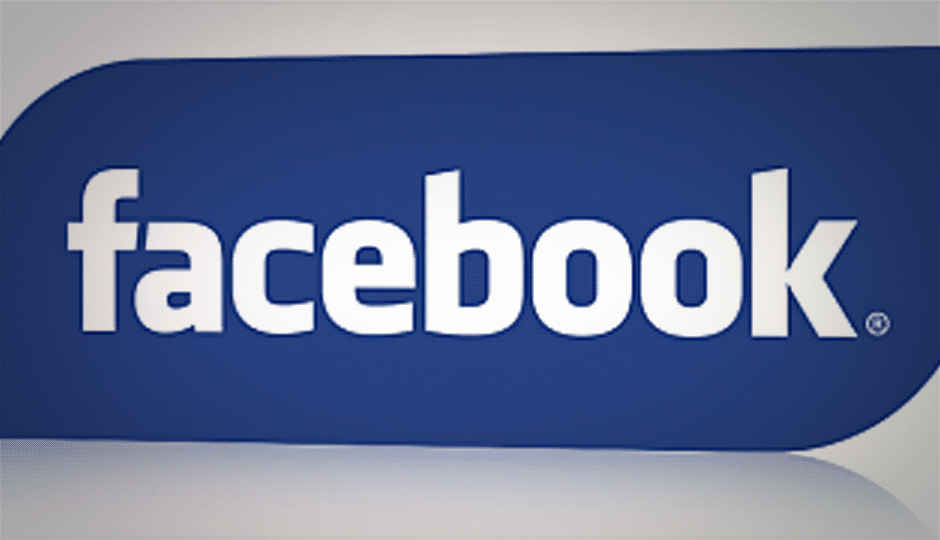Facebook responds to WAM! campaign, vows to crack down on hate speech

The social networking site is under pressure with some advertisers pulling their ads from the platform, and has said it will evaluate, identify and remove the hate speech content.
Facebook has responded to a campaign to eradicate all posts that promote violence against women.
The campaign launched last week by Women, Action and Media urged all major companies to do away with advertisements from Facebook that show images of rape, abuse and violence against women.
In acknowledgement, more than a few companies like Nissan UK and Nationwide Building Society have pulled their advertisements from Facebook, while a few others such as American Express and Unilever’s Dove brand are insisting that the social networking site remove inappropriate pages.
“This was a targeted, strategic and ultimately apparently quite effective campaign to try to force a powerful company to do more than it has been doing. That is something we haven’t seen much of yet,” said founder and director of the Dangerous Speech Project, Susan Benesch, a American University teacher of human rights.
Facebook, which makes most of its revenue through advertising, said that it will assess its guidelines in order to ensure that content violating its standards is reviewed. It will also train moderators to identify and remove hate speech.
“We need to do better — and we will,” Facebook said in a blog.
The organisers were awestruck by the international response to the campaign. Facebook advertisers received more than 5,000 emails. The campaign also generated 60,000 Tweets using the hashtag#FBrape.
Executive director of Women, Action and the Media, Jaclyn Friedman, added: “This campaign is helping consumers who are users of these platforms understand that they don’t have to put up with this. Something can be done.”
The campaign reveals the challenges faced by companies like Google, Facebook and Twitter which have become a place where communities and individuals can voice their opinions freely. They have to evaluate and assess what to allow and what not and a constant monitoring will be required to see if anyone is breaking the rules.
Experts suggest that online campaign on cracking down on hate speech against women could provoke more groups to target social media the same way they have targeted television networks and other forms of media by pressuring advertisers in the past.
Source: LATimes
